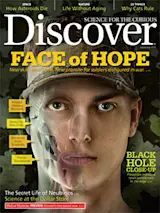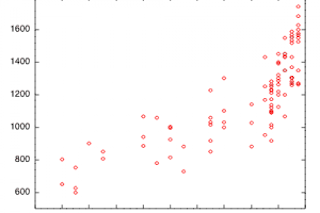Shocked By David Casarett
Thanks to advances in medicine, there’s dead and then there’s really dead. Physician and academic Casarett takes readers on a guided tour of the increasingly broad gray area between those two states. From early, bizarre attempts at resuscitation to disturbing lab experiments and painful decisions about removing a loved one’s ventilator, Casarett covers the gamut of technological advances and their consequences. Shocked has a conversational, often playful tone, but Casarett doesn’t shy away from asking hard questions about prolonging life — regardless of the quality of that life. The science of resurrection, Casarett writes, comes with significant ethical, financial and emotional costs. — Gemma Tarlach
The Collapse of Western Civilization By Naomi Oreskes and Erik Conway
The year is 2393 and the world as we know it has ceased to exist. Earth, damaged by excess carbon levels, is fraught with catastrophic drought and famine. Rising sea ...





